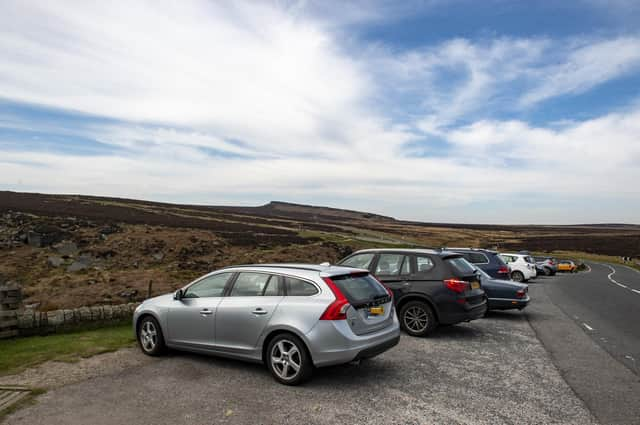Peak District National Park bosses reject tourist car ban reports


MailOnline, The Guardian, Independent and others all ran stories on a potential ban in parts of the Lake District National Park, with references to similar plans in the Peak District.
Local links relied on one interview with PDNPA chief executive Sarah Fowler which raised the possibility of trialling car-free days in small areas, as part of wider efforts to promote greener modes of transport.
Advertisement
Hide AdAdvertisement
Hide AdAs the headlines took on a life of their own, the authority has decided to address any confusion.
Sarah said: “The park authority is not considering a ‘ban’ on cars within the Peak District. What we are doing is looking to more agile and responsive ways to support visitors to, and communities in, the Peak District as part of integrated transport plans.
“We are starting conversations and seeking solutions that engage and encourage people to make sustainable, low carbon travel choices.”
Ideas under consideration include hail-a-ride type services, increasing bus routes like the Hope Valley Explorer through popular visitor spots, and working with transport hubs on the park boundary to offer new ways to access its interior.
Advertisement
Hide AdAll will require cooperation with partners such as Derbyshire County Council and central Government.
Advertisement
Hide AdSarah said: “Campaigns that encourage these ‘car-free’ opportunities will be key to helping people understand their options. We’re working with others to create the conditions for a system wide change to help people do the right thing.
“This is about turning round the rural transport conundrum – with declining patronage on buses, reducing services and hence more cars – which is impacting the experience for both those visiting the park and those who live and work here.”
She added: “We’re already working with sustainability and climate change groups in communities like the Hope Valley to understand how any future approaches to transport may affect residents and businesses.”